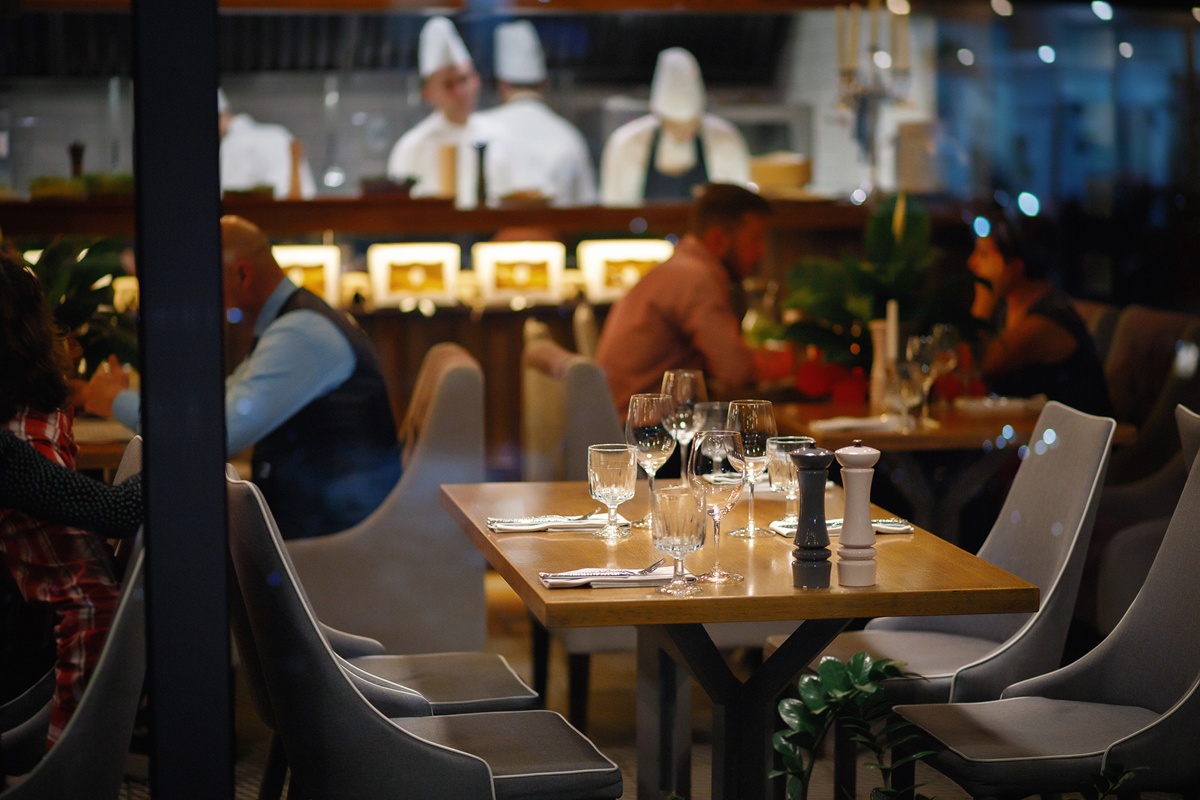October 21, 2025
Dining Out in the U.S. Is Becoming a Rarer, More Deliberate Occasion

Inflation, shifting priorities, and new digital habits are turning each restaurant visit into a more selective experience, one that must feel worth the time and cost.
A new Reputation survey conducted with Nielsen, released to coincide with National Leave a Review Day, shows that U.S. consumers are cutting back on dining frequency but increasing how much they spend each time they go out.
Fewer Outings, Higher Expectations
Thirty percent of respondents say they’re dining out less often than a year ago, citing higher living costs as the main reason, yet 32% are spending more per visit. Americans are opting for fewer nights out, but they’re making those occasions count.
The pullback in spending emerged ever since new tariffs hit the country. As the holiday season approaches, financial anxiety is changing broader consumer behaviour. Many Americans worry that rising tariffs and trade tensions could make it harder to celebrate the holidays as they used to, a reflection of the same caution that’s guiding how they spend on dining and entertainment.
Price has become the top factor in restaurant choice, with 51% ranking it above food quality (48%) and service (45%). But “price” doesn’t mean cheap. Today’s diners want both value and quality, great food, smooth service, and a memorable atmosphere that justifies the bill.
What Makes Dining Worth It
Eighty-four percent of respondents say they prefer supporting local, community-tied restaurants. Around 40% look at menus online before visiting, proof that even small decisions come with more thought these days.
Precisely, this digital dimension has become crucial. Online reviews, social media, and even AI-generated summaries now influence first impressions long before guests arrive. This means that restaurants need to align their digital reputation with the real-life experience.
Every Meal Carries More Weight
Diners expect transparency in pricing, attentive service, and an experience that feels personal and authentic.
Liz Carter, CMO of Reputation, said: “This isn’t something to fear; it’s a huge opportunity for smarter, more transparent marketing. As consumers grow more selective about dining out, the digital story shaped by reviews and AI visibility must mirror the real-world experience.”
The report suggests that clarity and credibility are key for restaurants: communicate value honestly, respond quickly to feedback, and ensure that every visit feels like an occasion.
Dining out still holds emotional importance for most Americans. Sixty percent say it’s a core lifestyle habit, and 67% call it their favourite indulgence. But as dining becomes rarer and more intentional, each plate served has to earn its place on the table.



